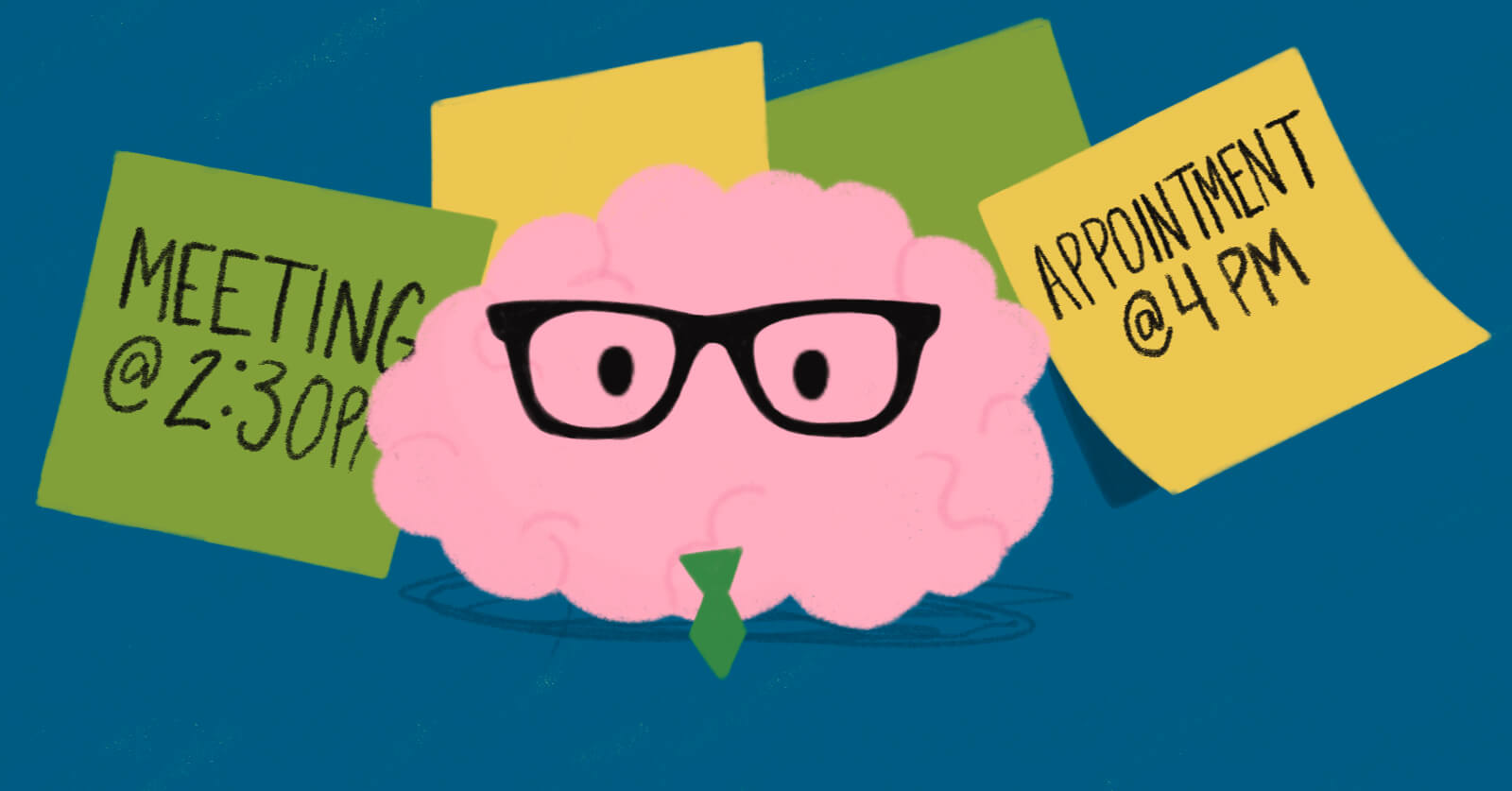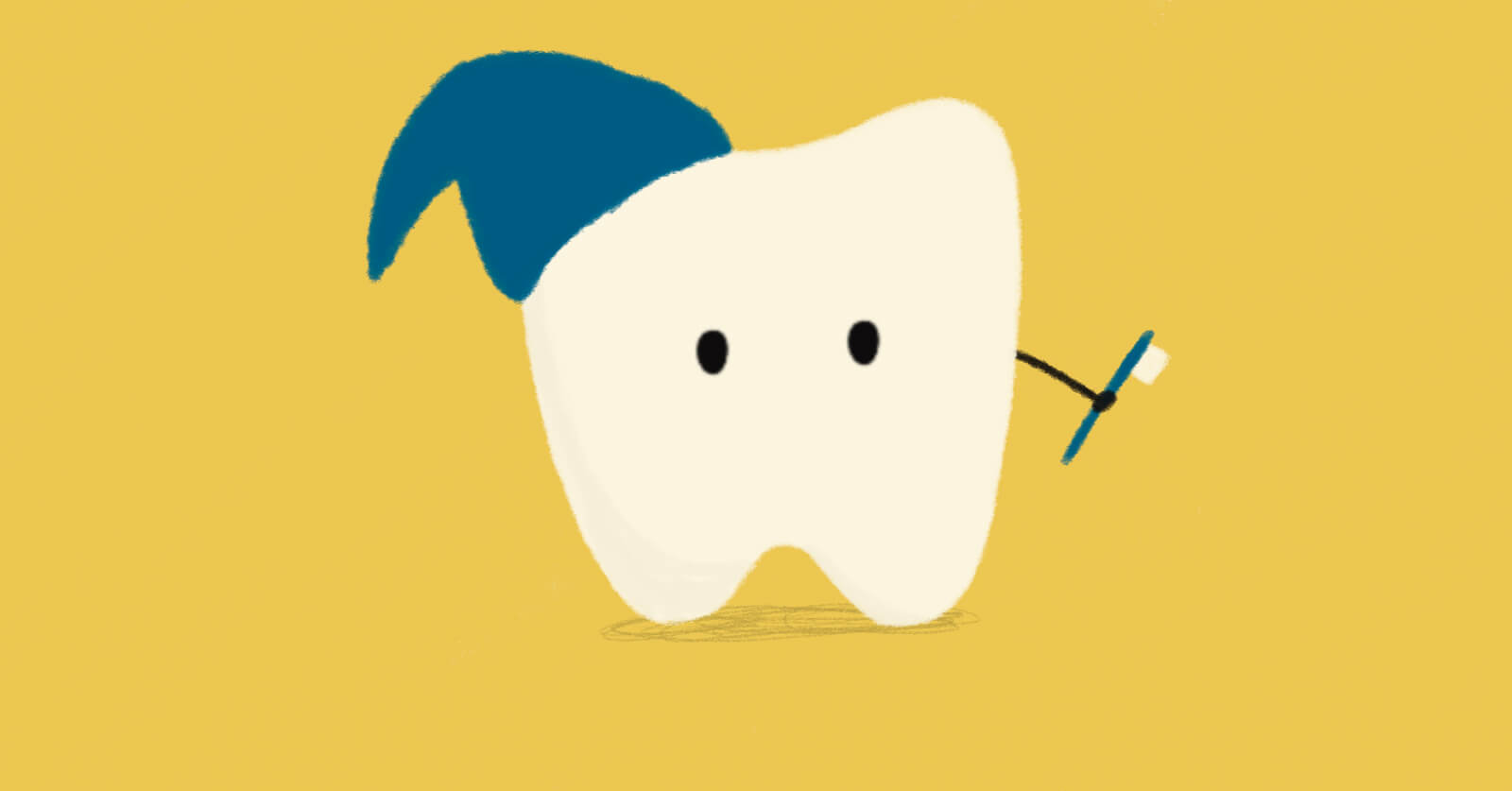WANT EVEN MORE HEALTHY IDEAS FROM SHAPE YOUR FUTURE?
We live in a busy world. Spending days running between work, school, practice, birthday parties, recitals and games can feel exhausting, and getting plenty of rest feels like a far-off dream when your to-do list is long. It’s a common misconception that rest is lazy and unproductive. However, there are plenty of reasons why sleep matters, and the two biggest reasons? Your mental health and physical health!
If you’re making an effort to live a healthy life, sleep is right up there with nutrition and physical activity. Plus, it’s an improvement that benefits your whole family — because sleep is important for everyone.
Here’s why sleep matters!
Why Do Our Bodies Need Sleep?
So, why do we need sleep? Nighttime is your body’s opportunity to relax, unwind and heal after a productive day. More than relaxing, sleep keeps you and your family physically and mentally fit! If you want to live healthier, sleep is a great place to start.
While sleep is an important piece of the healthy life puzzle, it can sometimes feel hard to fit that puzzle piece into your schedule. Below are tips for getting plenty of regular rest.

Sleep Helps Your Mind
Sleep is essential for your brain to function properly. Drowsy days can lead to mistakes, forgetfulness and grogginess that make even small tasks challenging. A good night’s rest is the key to unlock a day of success. If you need more reasons to get at least seven to eight hours of sleep each night, look no further. Adequate rest helps your brain:
- Better regulate your emotions. If your fuse feels shorter than normal, you may not be getting enough sleep. Emotions can often be the barrier preventing you from falling asleep, too. Setting a healthy night routine and unwinding before bed can help you achieve your best sleep yet! Try these tips.
- Stay focused and engaged. If your mind wanders during important meetings, or you keep forgetting to make that dentist appointment, try leveling up your sleep game. A good night’s sleep will help your brain run on a full battery.
Whether it’s your rest or your family’s, sleeping helps brains work better and tempers run cooler.

Sleep Helps Your Body
Good physical health is another reason why sleep matters as much as it does. If you don’t sleep, you don’t heal, and your risk of short and long-term issues increases. This can lead to problems like:
- Heart disease, heart attack or heart failure
- A lack of coordination
- Poor muscle recovery and a higher chance of injury
- A higher risk of developing certain cancers
- A decreased immune system
There are several benefits of good sleep! Getting plenty of sleep can:
- Boost your energy
- Decrease stress-causing hormones
- Regulate your blood sugar
- Curb unhealthy cravings
- Help you recover from injuries faster
- Fend off illnesses

How You Can Sleep Better
You know why sleep matters, but that doesn’t mean you can easily pencil a good night’s sleep into your packed schedule. If you’re having trouble consistently getting good rest, here are some tips to unlock the best sleep for you and your family:
- Set a sleep schedule and stick to it — even on weekends. Try to wake up and go to bed around the same time each night. Yes, that includes the weekends. Your sleep is based on rhythm, and your brain craves consistency. You will get the best sleep when that rhythm is regular. If you spend your days off catching up on lost sleep, you’ll harm your overall sleep quality and rhythms.
- Build a consistent bedtime routine. When it comes to good sleep, routine is everything. Create a mindful bedtime ritual to remind yourself why sleep matters. Brush your teeth, read a book and settle into bed however you need.
- Adjust your sleep schedule. Different events and seasons can sometimes shake up the routine. Instead of stressing about your eight hours, adjust your schedule a bit each night. These tips can help you make a change, especially if you have kids who want to stay up until sunrise.
- Limit your screen time. Phones, TVs and tablets give off blue light waves, blocking your brain from producing its internal sleep aid: melatonin. Children are especially sensitive to blue light waves, but that doesn’t mean adults are immune. Try to cut screens from your family’s evening routine 1-2 hours before bed. This will give your eyes time to rest and get sleepy.
- Don’t eat or exercise before bed. Fun fact: Physical activity during the day can actually prime your body for sleep. After all, why do we need sleep if not for healthy living? However, exercise or a big meal too close to bedtime could throw off your body’s bedtime rhythms! So, it’s best to finish any big movements or meals a few hours before bed.
- Limit your hydration after sundown. Eight glasses of water each day are essential for healthy living. However, polishing off your last glass right before turning out the lights can lead to midnight bathroom breaks. Limit your water and fluid intake 1-2 hours before bed so you can stay asleep.
Everyone Needs Sleep
Everyone needs time to recharge regardless of age, job or schedule. While adults should get between seven to nine hours of sleep per night, children in school should get anywhere from nine to 12 — babies and toddlers need even more! If you have kids at different stages, it can be hard to navigate bedtime and ensure every head in your house hits their pillow at the right time. Here’s a guide to help you schedule bedtime depending on risetime! Here’s to waking up refreshed as a family.
Don’t Snooze on Healthy Habits
Learning why sleep matters is just the first step. There are many other ways to start living a healthier life, and the best time to start is now. Whether you’re looking for new healthy recipes, physical and fun activities or fresh tips to stay hydrated, your sleep will thank you!
For more healthy lifestyle tips, visit Shape Your Future.





